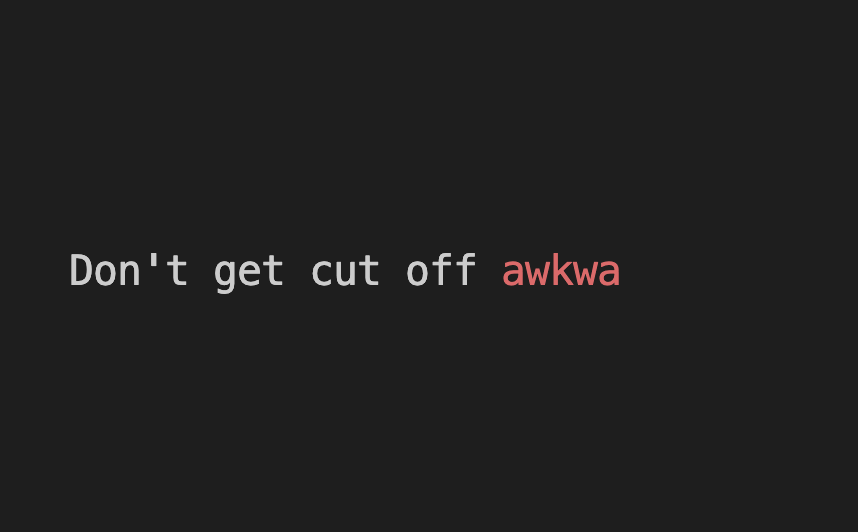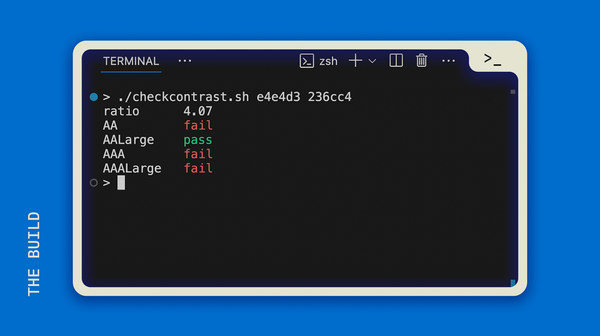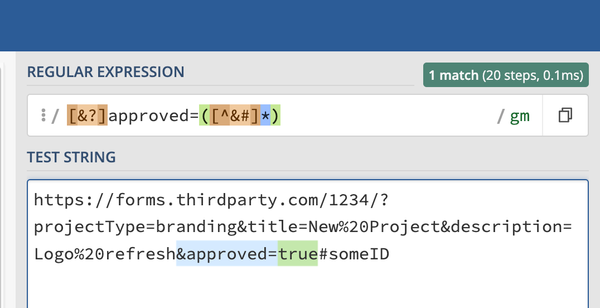Better Quote Excerpts for Templates and CMSs
Content is random, so there's not a great way to create an excerpt by character counts if you don't want words to get sliced up awkwardly in th... ...the middle ;) Here's a better way.

The Problem
Content is random, so there's not a great way to cut off a quote or an excerpt by character counts if you don't want words to get sliced up awkwardly in th...
...the middle ;)
Watch the demo or read on!
The character count looks like this:
quote = "Some quote here..."
print(quote[:100])This will print out the first 100 characters of the quote. Not too bad for the short quote we have hard-coded, but once this is in a production environment, you can't rely on the quote being short or conforming perfectly to any of your ideal conventions.
Regex to the Rescue
Instead of boxing in your content with a character count, you can use a word count to keep the excerpt readable. We'll use a regular expression to get the words and output however many of those words that you want.
Here it is in a python function:
import re
quote = "Some quote here..."
def excerpt(quote):
word_count = re.compile(r'(\b\w+\b[\s\W]*){1,15}')
return word_count.search(quote).group()
print(excerpt(quote))This regex is looking for words using the word boundary character \b surrounding any number of word characters with \w.
We've added the [\s\W]* to be able to include punctuation and spaces so that we can put all the words into a single group and not have to worry about that in python—the range is defined inside the regex itself. Here's an illustration of the difference in matching each word individually vs. all in one match group:


The range notation {1, 15} is looking for the first 15 words. That makes it easy to simply grab the first group from the .search() method.
After running this function, the output would be:

Extra Flair
If you absolutely know that your excerpt will be way shorter than the full content (a blog post excerpt, perhaps) you can add the ellipsis (...) to the end of the excerpt that gets returned like this:
def excerpt(quote):
...
return word_count.search(quote).group() + '...'Now when you've got a good, long quote, the excerpt will stop after 15 words and show the ellipsis so that it's clear there's more to the content.






